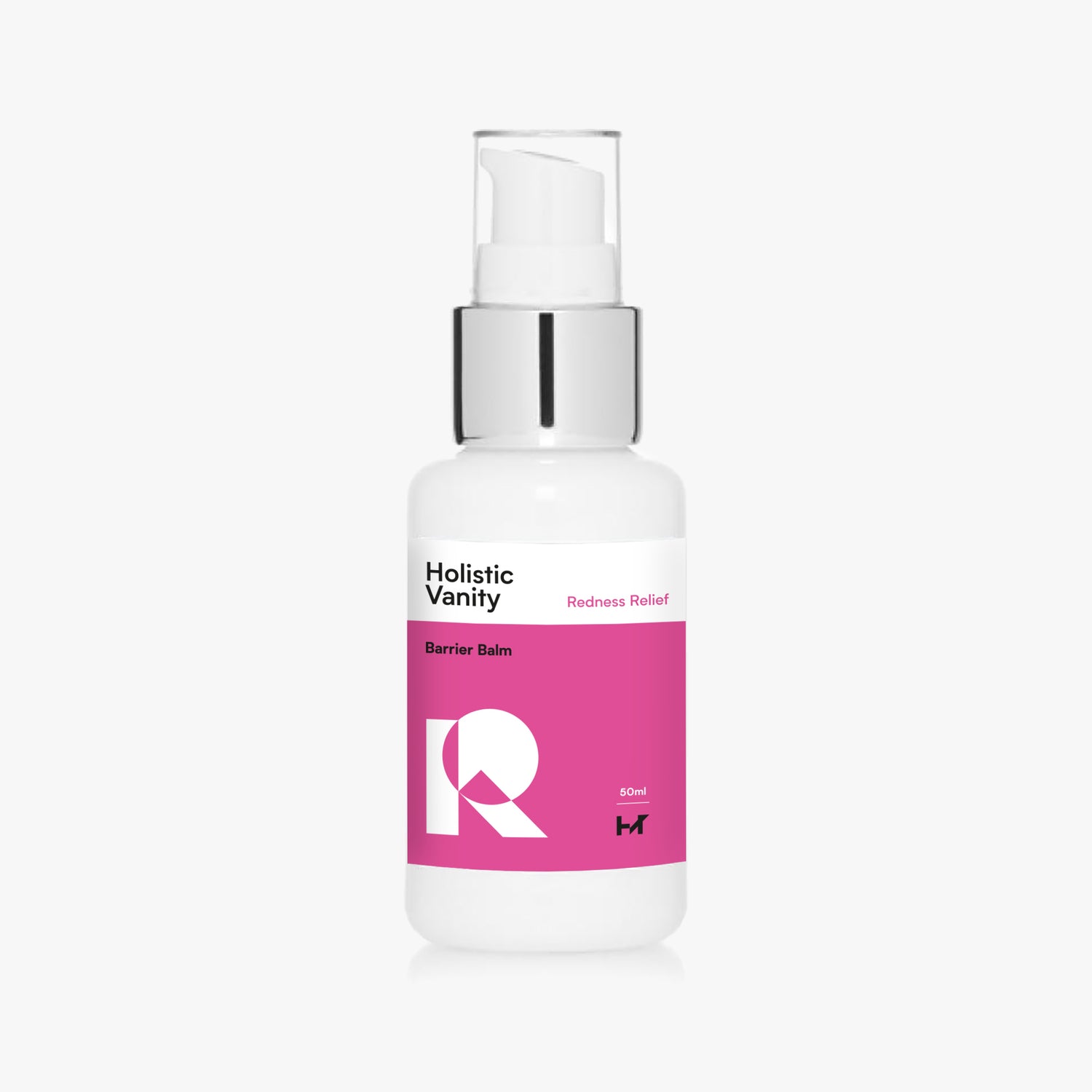I saw a long-time client this week who had majorly congested skin...but is now flaunting a clear, glowing complexion (squeal!).
One thing we worked on together? Constipation.
She had only been eliminating twice a week, so I began her on some gentle laxatives and they increased to a minimum of once per day.
Clarifying the G.I tract can really help clarify the skin. The frequency of bowel movements is usually one of my first inquiries for anyone I see with acne-prone or dehydrated skin - and, according to Ayurveda, we should be doing so once, twice or even three times a day. I'm usually happy to hear about one BM a day.
It's important that we eliminate waste from our bodies to help prevent clogged pores and blemishes. But it's also key for hydrated skin.
When we are constipated, the dry stool sits in the intestines and absorbs the body's precious water.
Conversely, dehydration also leads to constipation as a dry digestive system will make feces dry and difficult to move as well... oh how interconnected we are!
Remember, there are no universal cures and we should always tailor what we eat and supplement to our specific constitution - but there are a few things that I've seen effectively move bowels over the years. Of course, always consult a health practitioner for more information on what's best for you.
Aloe Vera Juice
Aloe juice is a wonderful anti-inflam ingredient and a gentle laxative.
You can drink a quarter cup of this diluted in 1 litre of water everyday for 4 week spurts. You don't want to ALWAYS be GI cleansing, so you gotta take breaks.
This is excellent for Pittas and those of us prone to inflammation. I particularly like it because it is not dehydrating (like some fibre-based laxatives are).
According to Asian Medicine, it's also said to be good for cleansing the liver and blood (important areas in clear skin).
Castor Oil
This laxative can be really hard to get down (gag!).
It's known as a cathartic laxative and it's intense. It's very strong and effective. Like turbo to the extreme. So, definitely speak to a health professional before using it.
Castor oil is also a traditional laxative for Pitta constitutions in Ayurveda. According to Asian Medicine, if using this for chronic constipation, it shouldn't be consumed daily or for long periods of time. Traditionally, this is only to be done a maximum of once per month in servings of 1-2 tablespoons. Castor oil cleanses are also effective for reducing excess Vata in our bodies and help lubricate our intestines.
But again, to illustrate how strong it is: In our skincare production facility, we have some Castor Oil in some of our products. Some of our team has said that regular handling of it causes more regular BMs.
Soaked Prunes
Tried and true, we all have heard about prunes as a bowel cleanser and there's something to be said about longstanding remedies.
What I like about prunes is that it's a simple fruit that is pretty easy for most of us to find and also safe to take.
I would recommend soaking them in water so they are less dry, making them even better for dehydrated individuals.
Psyllium
Psyllium seed husks are a laxative that help add bulk to your stool. Many people don't know what that means. Our bowels are muscles that contract based on their stretch. So, bulking up stools helps receptors for movement get pinged.
This can also "tone" the bowels. Psyllium is also said to scrape waste off the intestinal walls (I doubt there's an RCT for this).
This laxative is best for someone who is kapha and has slow moving bowels, but is still very hydrated.
For those who are dehydrated and have a tendency for dry constipation, this can further bulk up and immobilize stool. This is also why it's key to ensure you are getting adequate water intake while taking this. I would say a solid 2 litres a day to avoid counterproductive constipation.
People take this by mixing a spoon in water (can add a spoon of EFAs to it too....not the yummiest concoction), or by sprinkling it on oatmeal or other foods. Either way, this is a laxative that helps through its fibre content.
Image: Christopher Campbell via Unsplash


